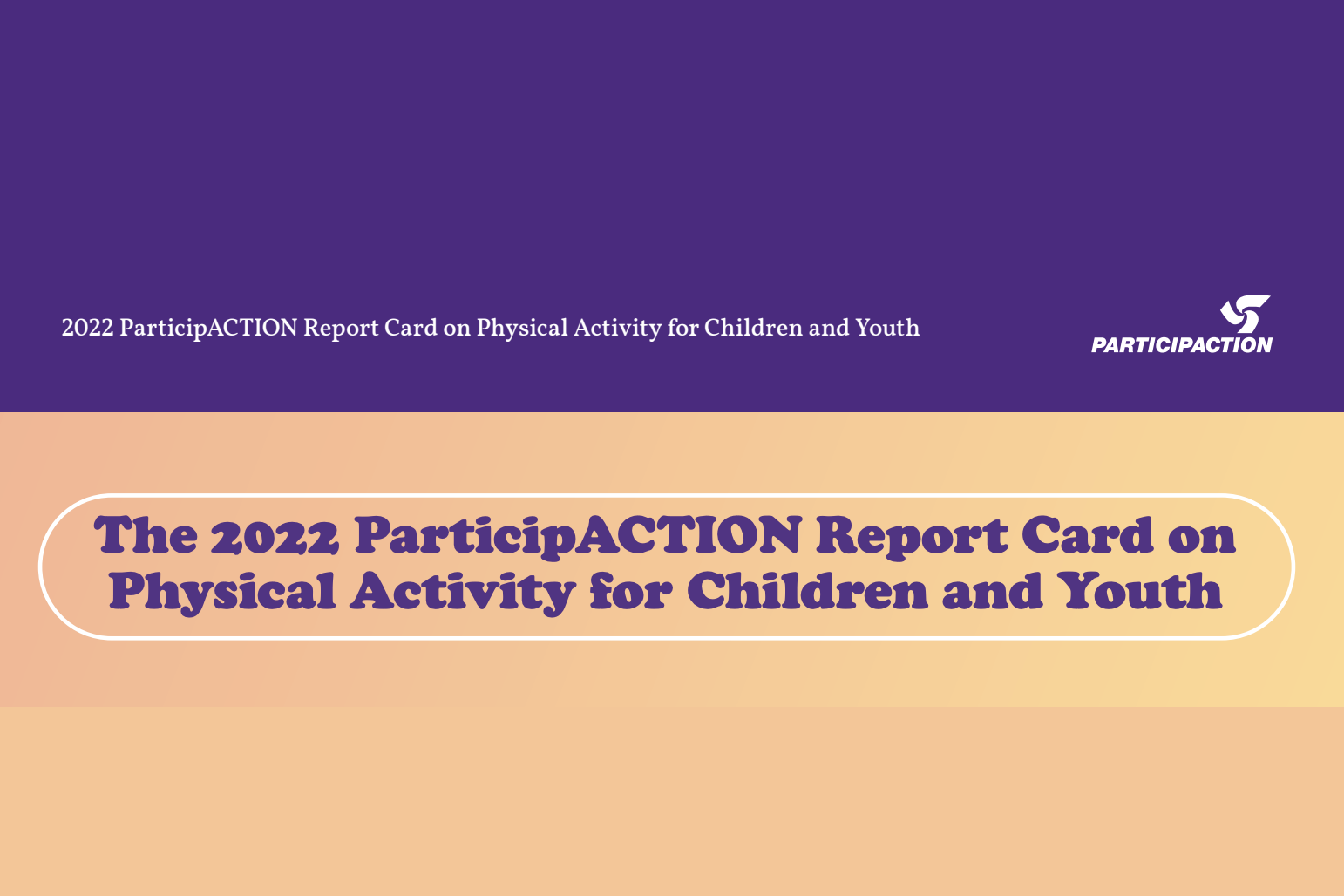Beth Warner-Hudson on behalf of Table Tennis North
“Who are we without the love we have for our children? It is this
hope of a good life for our children, our grandchildren, and those
who are yet to come that this work is based in. It is the work of the
previous generations who have sacrificed themselves in knowing
that the future generations will need space to exist as per the
instructions of the Creator. Space where they will be free to grow
and thrive as the Creator intended; for our children to be good
people and to live a good life. Only, our children can’t do that.”
– Grand Chief Gerry Antoine of the Dene Nation,
speaking at the Dehcho Physical Literacy Conference;
Fort Providence, Northwest Territories; March 2022
Physical activity for Indigenous Peoples across Turtle
Island is more than just the enjoyment and benefit of
movement: it’s a foundation for living “the good life”
that Indigenous Elders and Ancestors have continued
to pass down to the next generation. Since time
immemorial, Indigenous Peoples have lived, thrived
and grown in harmony with the Land and all our
relations with Mother Earth. Colonization took away
the ability to speak, to share, to grow and to pass on
our teachings to the next generation. A lot was lost and
there is still a lot to reclaim. How has this impacted
how Indigenous Peoples engage in physical activity?
The Dene Nation exists within the colonial borders of
the Northwest Territories and is home to many distinct
nations and regions that have shared relationships with
the Land known as Denendeh since time immemorial.
Grand Chief Gerry Antoine, elected representative for
the Dene Nation within the Assembly of First Nations,
recently spoke at the Dehcho Physical Literacy
Conference on the importance of storytelling and
passing on knowledge to the next generation of young
Leaders. The Dehcho Region of the Northwest Territories
is helping to better understand and deliver quality
physical literacy programming as a leader in the field
in the North.
What is “the good life,” and why is it important for
Indigenous Children? Canada now exists as a settler
state in our global society, which erases and limits
what we know about Indigenous Peoples and their rich
histories with the Land. Being on the Land is one way
in which to share, support and learn from the very
knowledge holders who want so badly to pass on their
teachings to the next generation. Our ability to pass
on these gifts was stolen because of Indian Residential
Schools, and while we have been able to maintain some
knowledge through whispers and storytelling from those
who escaped, we are critically aware of the losses – of
language, ancestors, family members, culture and identity.
But that does not mean there is no hope for a better future.
Indigenous Communities across Turtle Island are diverse
and vast, and all have their own teachings, languages and
cultural protocols. There is no “one way” to bring together
all Canadians on the field or in the gym, but there are
ways in which we can work together to bring back what
was lost. While it is important to avoid generalizing
about all Indigenous Peoples across Turtle Island, there
is unification in our responsibility as Guardians and
Stewards of Mother Earth to protect, honour and respect
her, and to live the good life she continues to gift us every
day. Indigenous Peoples do not view physical activity as a
singular domain for achieving the benefits of health, but as
one of the important areas of life in which we must remain
balanced to be healthy.
We cannot exist as grounded, healthy and thriving Peoples
if our lives are out of balance. Balance is achieved by
supporting the individual as a whole and taking a holistic
perspective on wellness to address barriers to physical
activity; our physical health will not be good if our social,
emotional, intellectual, spiritual and cultural health are
struggling. Therefore, supporting more Indigenous-based
physical activity programming is critical in supporting
a healthier Canada for all Canadians. It is time to stop
and listen to all the teachings, gifts and knowledge that
Indigenous Elders and Ancestors have been saving for us
since colonization began. It is time to find ways to include
Land-based teachings and opportunities in our school
systems, our afterschool programs and our sports teams,
and at home with our families. It is time for all of us to
take that step out of our front doors and take seriously
our inherent responsibilities as Guardians and Stewards
of Mother Earth to protect, honour and respect her, and
to live the good life on Turtle Island.
